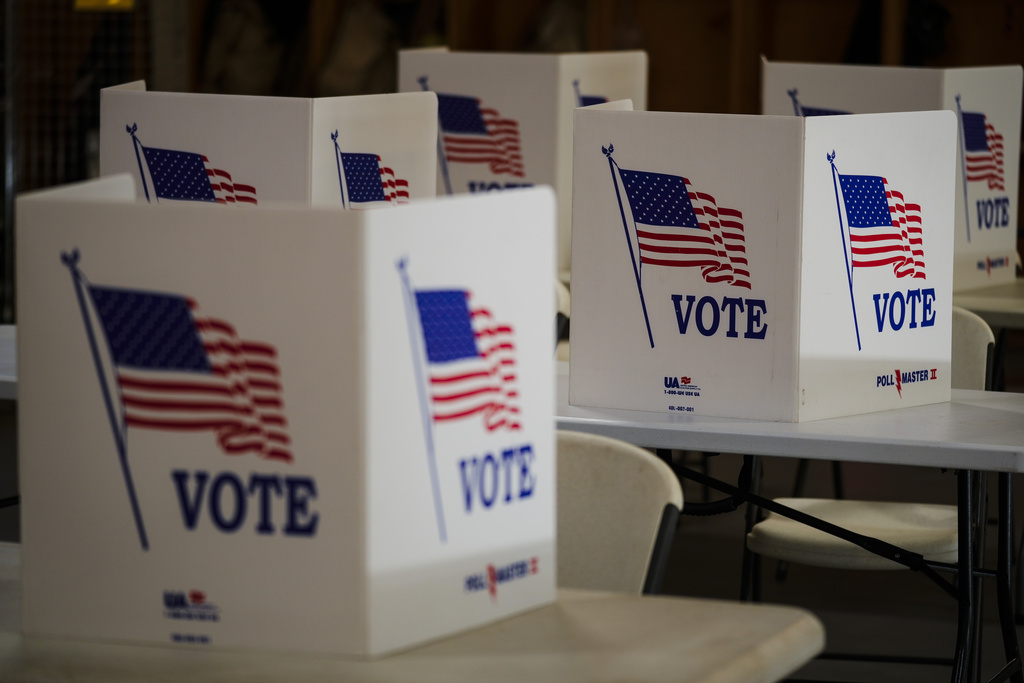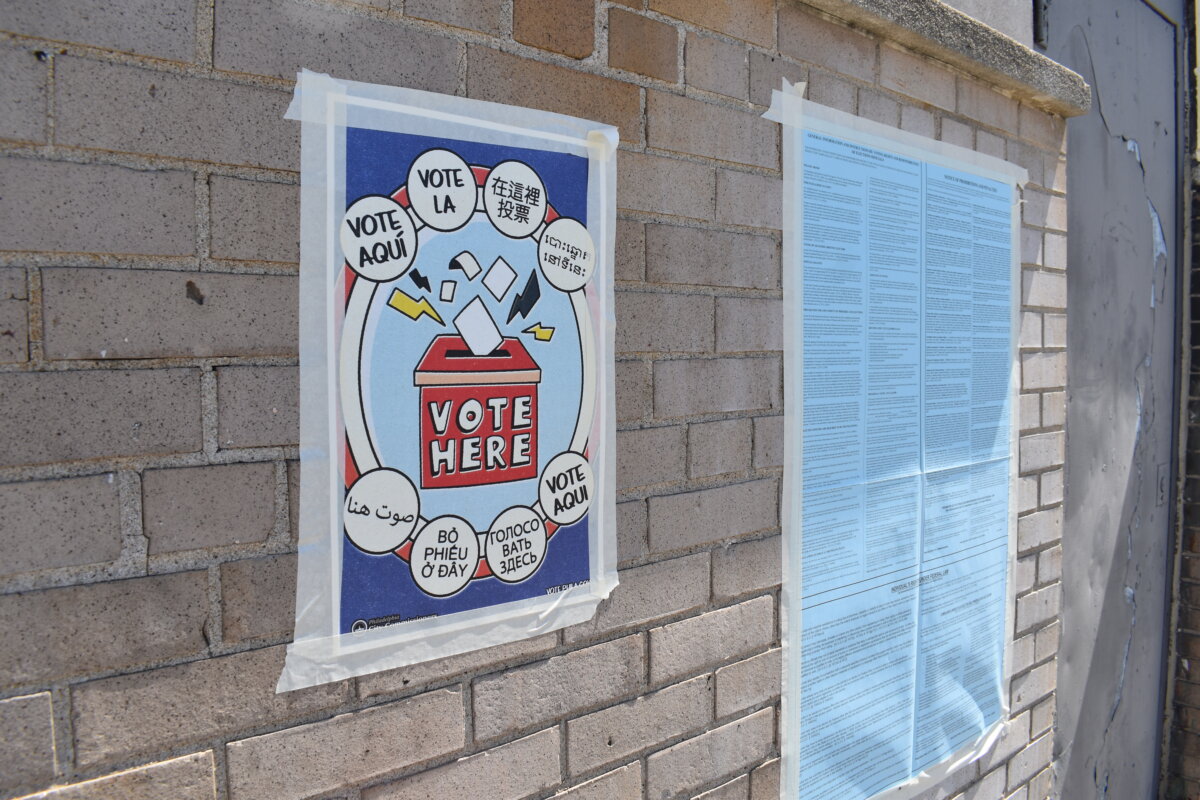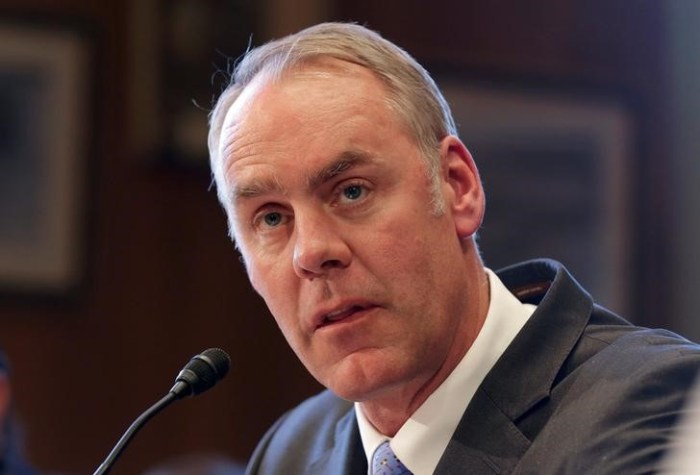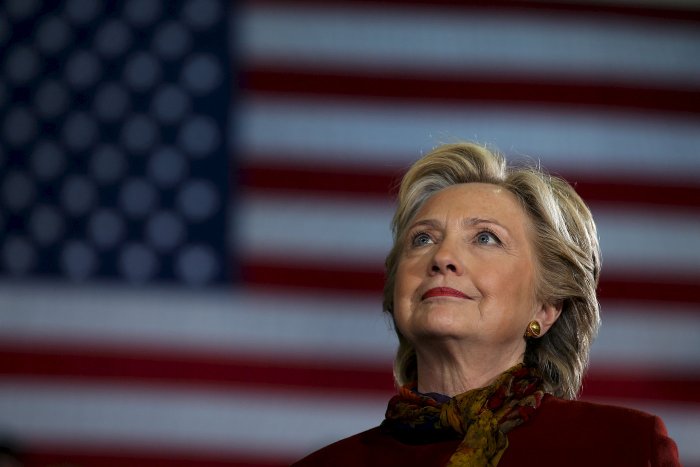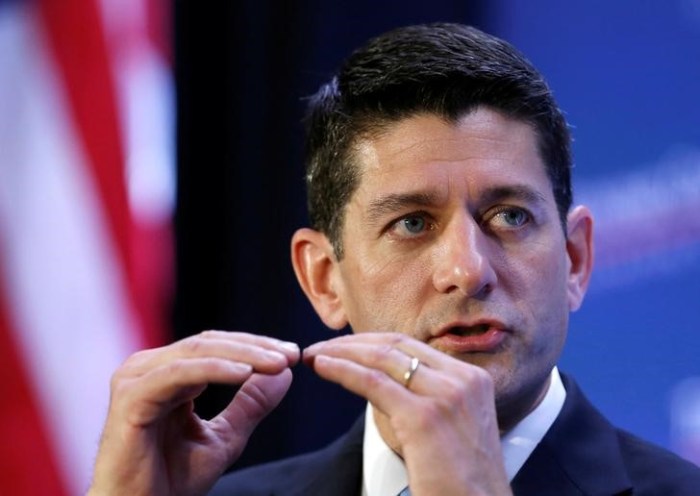By Luciana Lopez and Jonathan Allen
NEW YORK (Reuters) – U.S. Senator Bernie Sanders is set to throw his support behind fellow Democrat Hillary Clinton’s bid for the White House on Tuesday, a boost for the former secretary of state as she prepares to face off with Republican rival Donald Trump in the Nov. 8 presidential election. An endorsement from Sanders would end a bitterly fought battle for the Democratic nomination that split the party over education, healthcare and climate change, and comes after Clinton offered Sanders a handful of policy concessions on those issues in recent weeks. At a rally in New Hampshire on Tuesday, the pair will appear together to discuss a shared “commitment to building an America that is stronger together and an economy that works for everyone, not just those at the top,” according to statements released Monday by both campaigns. Sanders campaign manager Jeff Weaver would not confirm whether Sanders would formally endorse Clinton on Tuesday but said the rally will be the first of many in which Sanders will “be out there stumping for the Democratic nominee.” Sanders had been under pressure for weeks from Democratic Party officials to throw his weight behind Clinton after she locked up the required number of delegates last month with a string of wins in state-by-state primary contests, but had resisted, citing policy differences. Clinton needs Sanders’ supporters to boost her chances against Trump in her run for the White House. Only about 40 percent of Sanders’ supporters say they would vote for her, according to recent Reuters/Ipsos polling. Weaver said that despite Sanders backing of Clinton, he would likely still press on with his efforts to reform the Democratic Party nominating process after a contentious primary season, pushing to open primaries to independent voters and change the roles of superdelegates, party stalwarts who can support a nominee of their choosing regardless of how people voted in their districts. ROOM FOR FRICTION
In the past few weeks, both camps have been in regular contact on how to bring Clinton closer to some of Sanders’ progressive stances on issues like wealth inequality, trade, healthcare, education, and the environment in an effort to unify the party. But some Sanders’ supporters are not fully satisfied by Clinton’s concessions on the party platform – most of which centered on education and healthcare – suggesting there may be some room for friction at the Democratic National Convention later this month where Clinton is set to be formally nominated. “This is a platform clearly influenced by Bernie Sanders,” said James Zogby, the president of the Arab American Institute and a Sanders appointee to the party’s platform drafting committee. But, he added, “there were several areas where the Clinton campaign lost an opportunity to not only reach out to the Sanders base but to also to make a dramatic statement to the American people in general that would have gone a long way in helping her demonstrate that she will be a different kind of candidate,” he said. For example, he said, the party could have used stronger language in its policy platform draft to condemn the Trans-Pacific Partnership trade agreement, which Sanders has argued would hurt American workers and which Clinton has also vocally opposed. Sanders’ challenge to Clinton, one of the best-known figures in U.S. politics, lasted far longer than expected, running for four months and across 50 states and yielding record numbers of small donations to his campaign. He has previously vowed to help Clinton defeat Trump but has been reluctant to end his campaign, and has come short of making a formal endorsement even as other prominent Democrats have rallied around her, including President Barack Obama, Vice President Joe Biden and U.S. Senator Elizabeth Warren, a favorite of the party’s liberal wing. On Monday, the Communications Workers of America endorsed Clinton, after having earlier endorsed Sanders. (Reporting by Doina Chiacu and Valerie Volcovici in Washington, Luciana Lopez in New York; Editing by Lisa Von Ahn and Jonathan Oatis)
Sanders could endorse Clinton’s White House bid, but some divisions linger
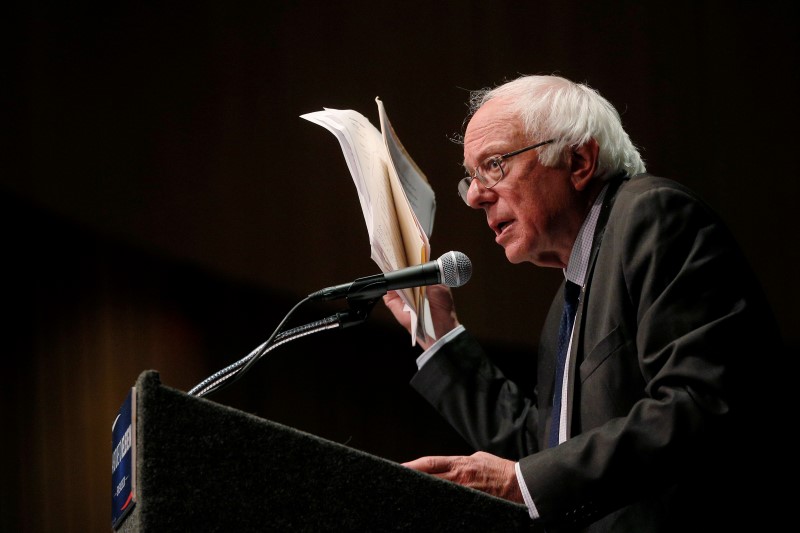
By Luciana Lopez and Jonathan Allen






